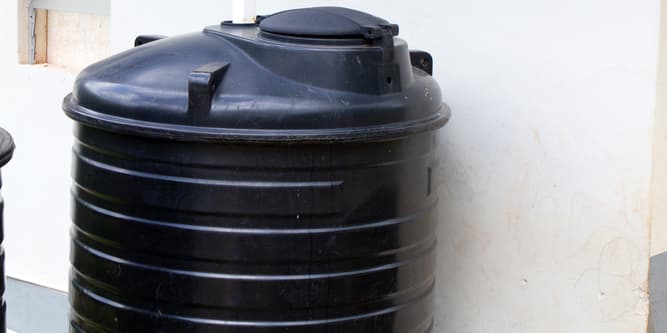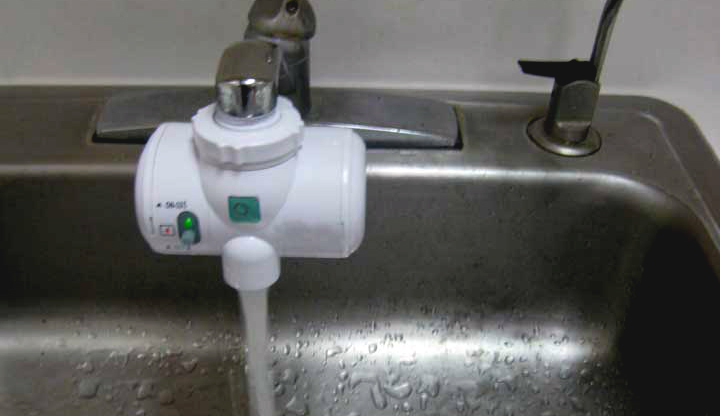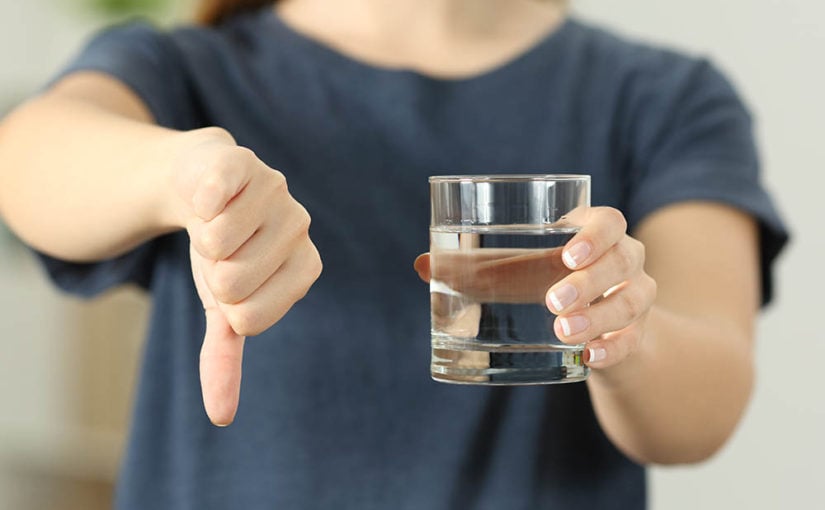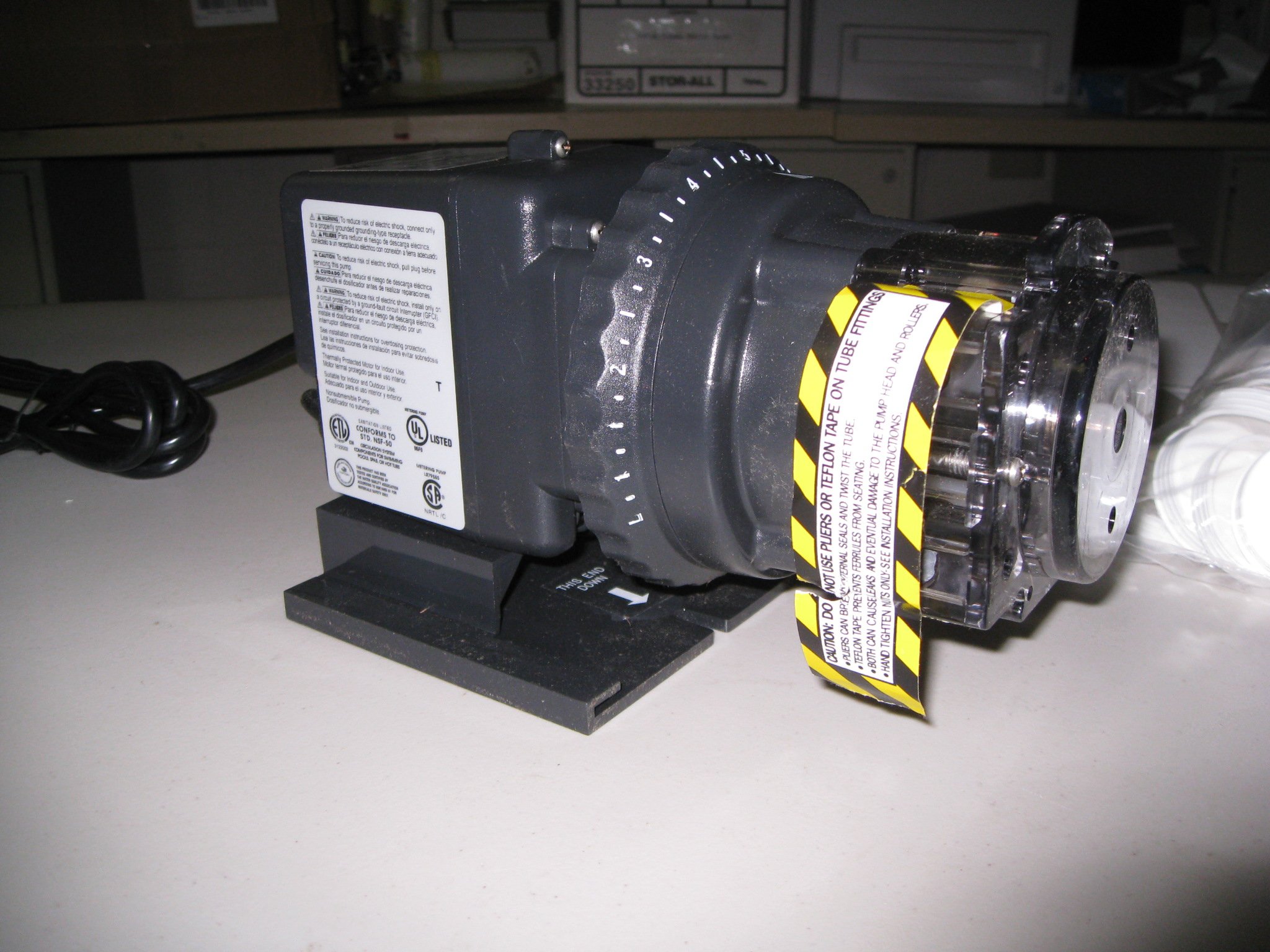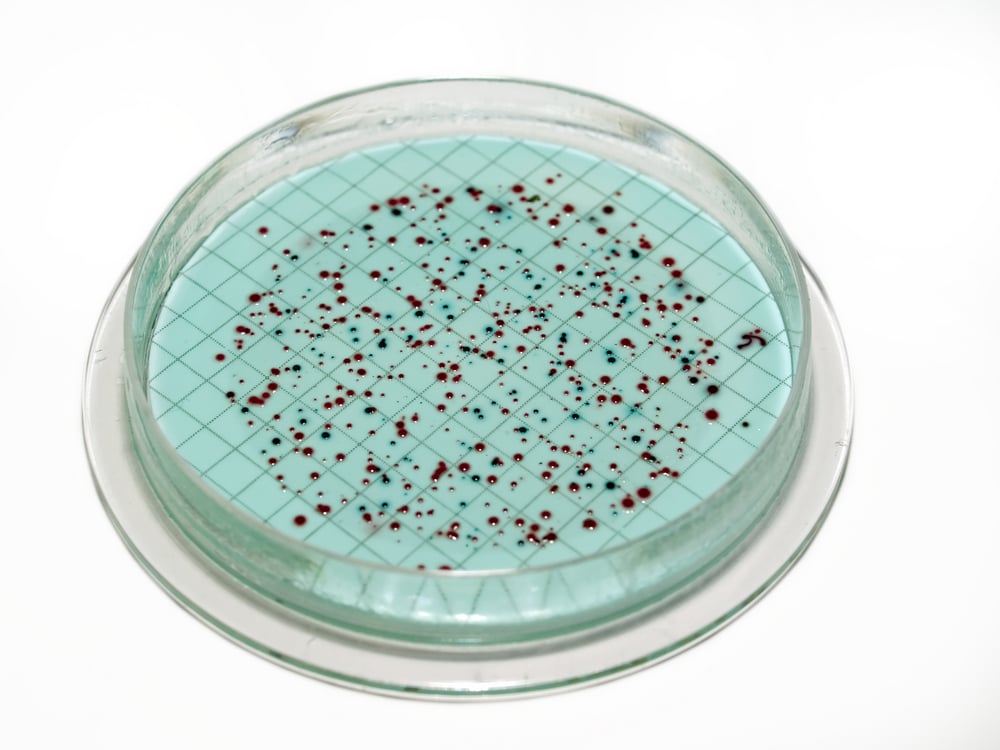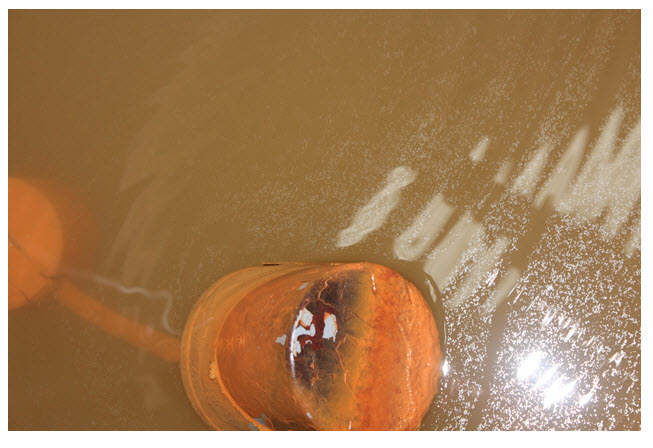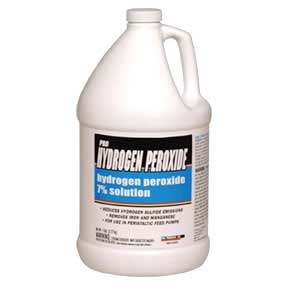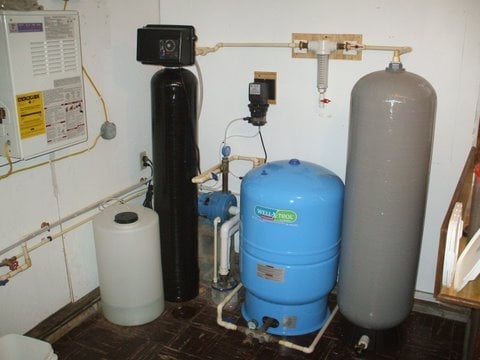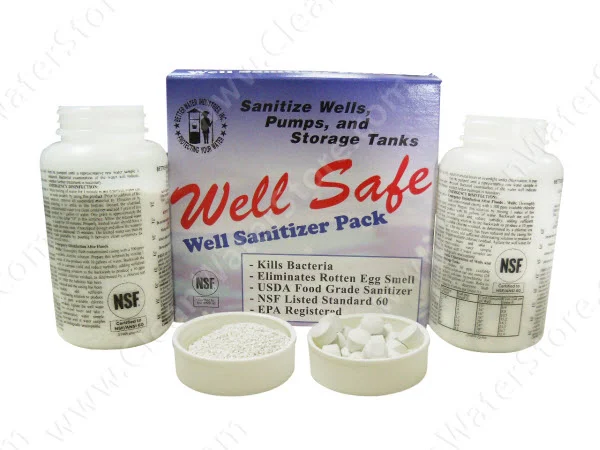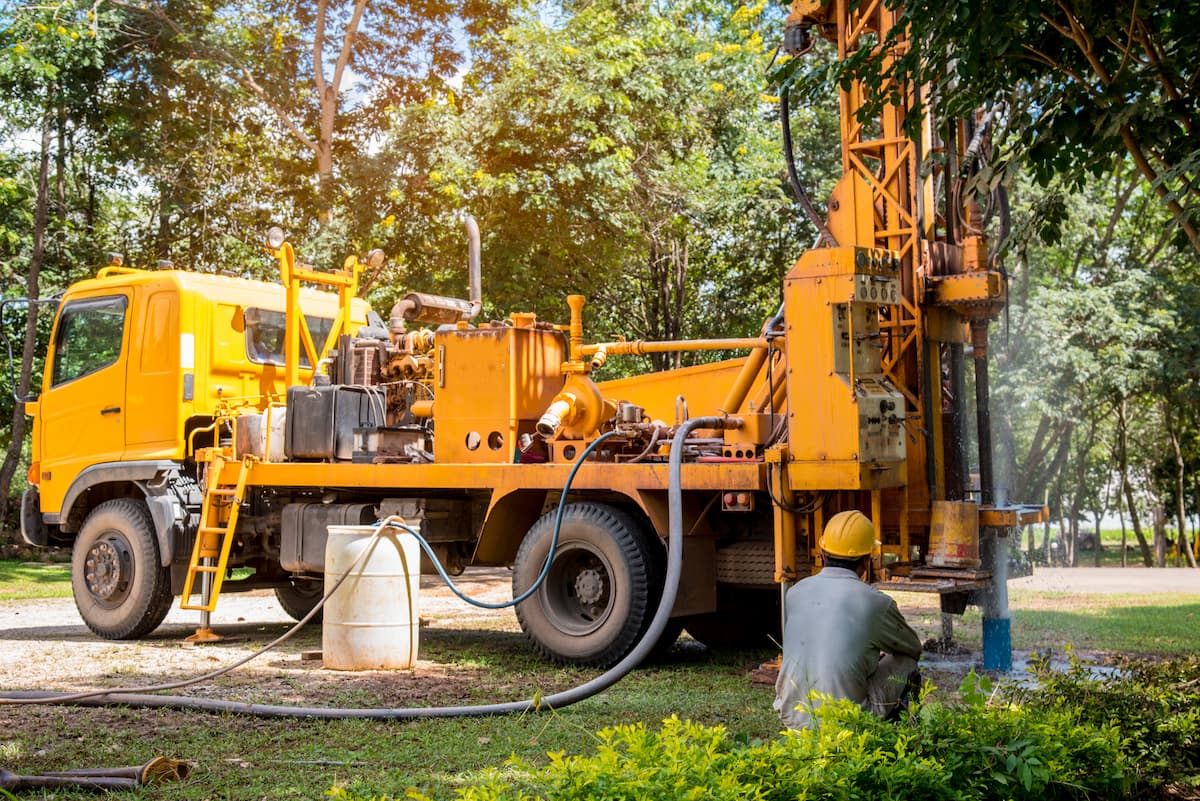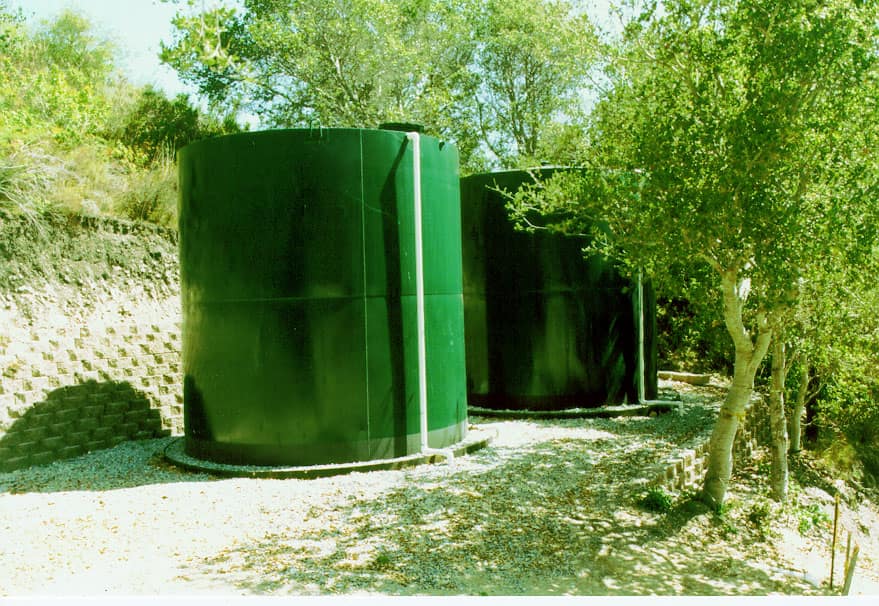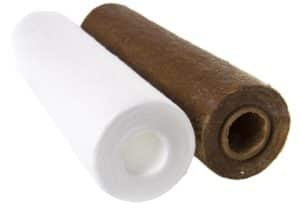Have you ever noticed strange metallic smells in your water? Experienced buildup on faucets and fixtures? Gotten sick from your drinking water? We sincerely hope the answer to all three of those questions is “no” – particularly that last one. If not, your water may be contaminated with iron and manganese, or worse, iron or … Continue reading Treating Iron, Manganese, and Coliform Bacteria in Well Water
Category: Chlorination
Removing Hydrogen Sulfide with a Chlorination System
One reader recently wrote to us wondering why the foul sulfur odor in his water seemed to disappear after shock chlorination, only to reappear about a week later. This a common question with a rather simple answer: Foul odors in water tend to be caused by iron and sulfur bacteria, which expel foul-smelling hydrogen sulfide … Continue reading Removing Hydrogen Sulfide with a Chlorination System
How Much Chlorine Should Be Added to a Storage Tank to Kill Bacteria?
If you've been on well water for long, or have been reading this blog frequently, you already know that chlorine is one of the most effective disinfectant methods out there. It's low-cost, safe, and fairly easy to manage in water systems, making it the go-to for homeowners and municipal water districts alike. It's not just … Continue reading How Much Chlorine Should Be Added to a Storage Tank to Kill Bacteria?
Ozone Generator water treatment
We get a lot of mail from readers and customers who are interested in using ozone to purify their water. The problem is, ozone systems tend to be very large and very expensive. Luckily, there are some small point-of-use ozone generators available that offer the same benefits of ozone (disinfection, odor removal, great tasting water) … Continue reading Ozone Generator water treatment
Two Popular Ways to Eliminate Odor from Well Water: Chlorination/Peroxide Injection or Aeration
Foul odors are a common problem in well water systems. They are generally caused by hydrogen sulfide (H2S) gas, which can get into water sources in a number of ways: via sewage systems, near coal and peat deposits, in oil fields, and most commonly from iron and sulfur bacteria. These bacteria thrive on iron and … Continue reading Two Popular Ways to Eliminate Odor from Well Water: Chlorination/Peroxide Injection or Aeration
Why Does the Chlorine Pump Require a 220 Volt Outlet?
Lately we've received questions as to why chlorine pumps often require 220 volts to power. The answer is that chlorine pumps don't necessarily require 220v – in fact, pumps are available in 120v as well, at the same price as the 220v model. Many customers do use a 220v model so they can wire it … Continue reading Why Does the Chlorine Pump Require a 220 Volt Outlet?
Easy to Install Flow Sensor Type Chlorinators
Often customers will ask us if they can chlorinate their water at their house and not at the well head. For example, they may live in a small community where the well water is shared by a group of homes, and the water may be smelly, or contain iron, manganese, or coliform bacteria. For these … Continue reading Easy to Install Flow Sensor Type Chlorinators
“My Well is Producing Sand, Rust and Smells of Sulfur!”
A common question we often receive is “My well is producing sand and rust color water. It smells of sulfur. What is the best way to solve this problem!? ” A very effective method to remove iron, manganese, and odor from well water is by using an automatic chlorinator, followed by a Pro-OX iron filter. … Continue reading “My Well is Producing Sand, Rust and Smells of Sulfur!”
What strength of hydrogen peroxide do you recommend to replace bleach?
One question we are often asked is: “What strength of hydrogen peroxide do you recommend to replace bleach?” Or: “Do you recommend replacing chlorine bleach with hydrogen peroxide, in my well water chlorinator? I heard it works better or is less toxic.” Hydrogen peroxide is indeed a great replacement for bleach in many well water … Continue reading What strength of hydrogen peroxide do you recommend to replace bleach?
Well Water Chlorinators – Popular and Low Cost Disinfection for Home Water Well Systems
Despite improvements and lower costs in alternative disinfection systems such as hydrogen peroxide, ultraviolet light and ozone, chlorination continues to be the most common method used for disinfection of home well water systems. Chlorine bleach has been used as the primary means to sanitize potable water supplies since the beginning years of the 20th century … Continue reading Well Water Chlorinators – Popular and Low Cost Disinfection for Home Water Well Systems




